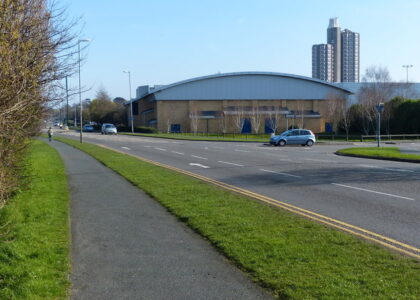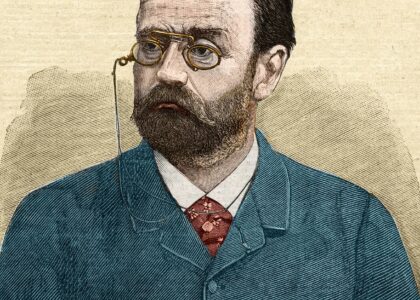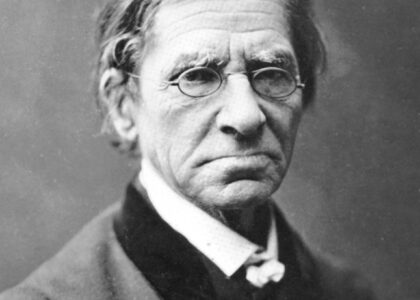Welcome to the Commerce City Historical Society, where the vibrant history of Commerce City, Colorado, is preserved and shared. This city, located just north of Denver, carries a deep historical significance dating back to its early settlement in 1850. Initially, the area was a hub for traders and pioneers traveling westward. The first permanent settlement in the region was established by John D. ‘Colonel Jack’ Henderson in 1859 on Henderson Island, where he built a ranch, trading post, and hotel. This settlement played a crucial role during the Pikes Peak Gold Rush, serving as a vital stop for gold seekers.
Commerce City’s development was further propelled by the introduction of the Burlington Northern Railroad in the late 19th century, with Derby being one of the earliest towns laid out along this line in 1889. Although Derby was vacated shortly after, it set the stage for the area’s growth. The Irondale settlement followed suit the same year, named after a local foundry, and eventually became a town in 1924, though it too faced decline during the Great Depression.
In the early 20th century, the area was predominantly agricultural, known for its wheat fields and dairy farms. However, the landscape began to change with the establishment of industrial sites, including a refinery in 1930. The creation of the Rocky Mountain Arsenal in 1942 further transformed the community, marking a shift from agriculture to industry.
A notable figure in the city’s history is Norman James Union, a founding member of the Commerce City Historical Society. His dedication to preserving the city’s rich history, along with his involvement in community activities, made him a beloved local figure.
The Commerce City Historical Society plays a pivotal role in preserving the stories and artifacts from these transformative periods. It not only maintains the Dottie Bakke House, an architectural relic from 1892, but also partners with local organizations to celebrate the city’s diverse cultural heritage. Through educational programs and community events, the society ensures that Commerce City’s history remains a living, accessible narrative for all who visit or live here.





